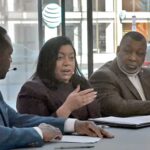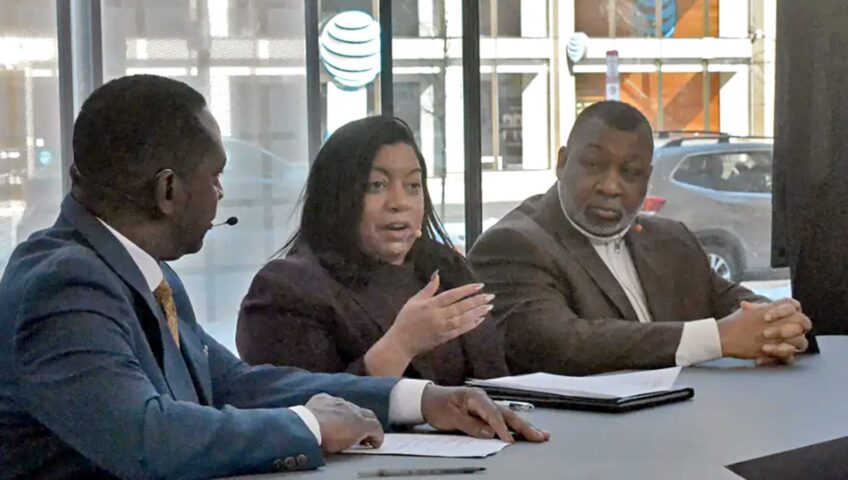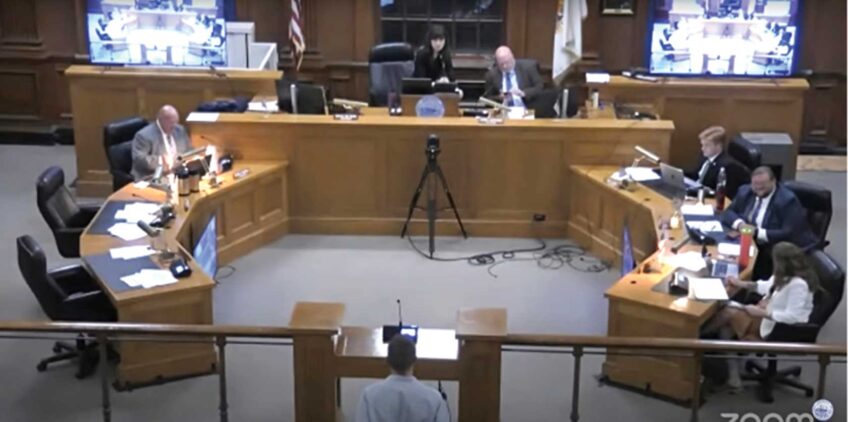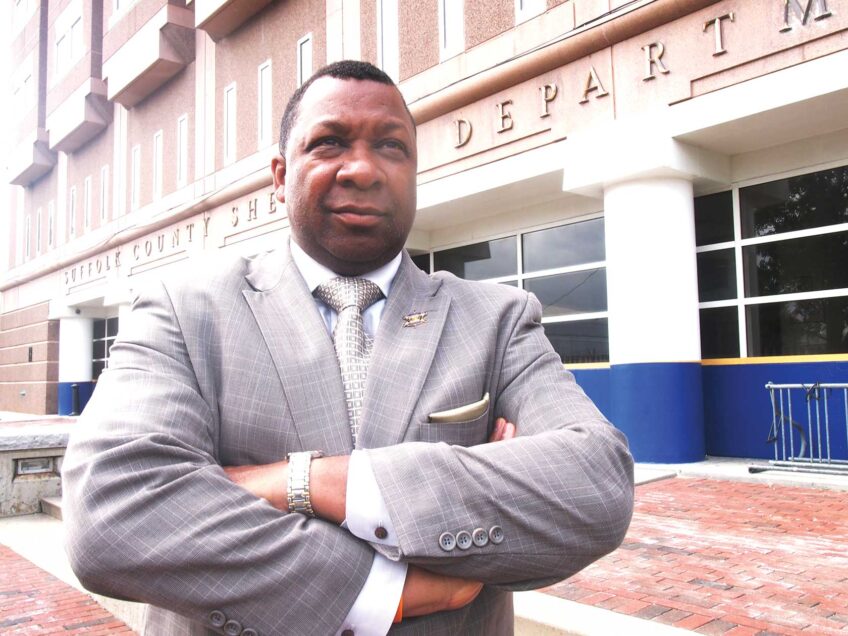Edwards wants ZBA out of cannabis decisions
Argues city board is better able to make fair, impartial decisions
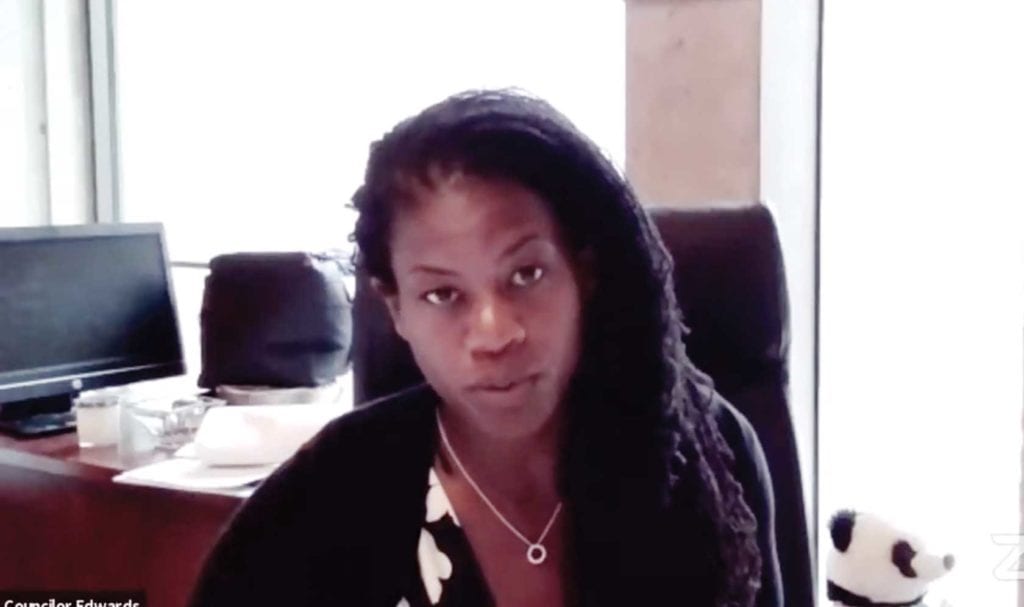
Boston City Councilor Lydia Edwards held a hearing July 6 on two ordinances that mainly bring zoning decision-making for marijuana businesses under the authority of the Boston Cannabis Board (BCB), which was created in 2019 to facilitate the licensing of these businesses and maintain equity during the process.
Currently, the final step before cannabis applicants can get approval from the state is to go before the Zoning Board of Appeal (ZBA), not the BCB.
“I feel that there was a true clarity that most people don’t think the ZBA is an essential necessary avenue anymore. I think we agree that the industry … has outgrown them,” Edwards told the Banner.
The BCB handles most of the decision-making before a business goes before the ZBA to be approved, by working out a Host Community Agreement between the business and the City of Boston.
They also provide an equity applicant program that assists Black business owners and others who have been heavily affected by the war on drugs and pushes them further in the process.
Equity applicants with the city have complained about going through all the steps to have their business recognized by the city, only to be denied by the ZBA.
“The ZBA is able to hear from, oftentimes, people who just don’t want it in their backyard,” Edwards said.
Edwards’ ordinances were partially motivated by a cannabis business proposal by a Latino veteran in her district, who was denied because he was applying too close to another business that was just ahead of him in line for ZBA approval.
Desiree Franjul testified at the hearing about her experience with both the BCB and the ZBA, as an equity applicant with business owners Brian and Jaison Chavez, and her fear about being sent back to square one.
“It really made me aware of how the zoning around these cannabis properties are affecting us. We go through so many barriers just to even find the property, to build the capital,” Franjul said at the meeting. “And the zoning process that we’re having today, where the ZBA has to give the final approval, it’s really harming social equity applicants.”
Though Franjul said she feels the ZBA was helpful in the beginning, she thinks the BCB has done a great job at making sure the cannabis industry is benefitting the people most affected by drug charges.
The amount of negotiation required with yet another board that does not specialize in cannabis, Franjul said, is an undue burden.
“Having the ZBA removed from the process would definitely make our lives easier, and not feel like we’re investing all this money to be shut down by residents who have the financial resources to fight you at the ZBA level,” Franjul said.
In order to avoid a so-called “green mile” in every neighborhood, which would be a takeover of shops that has often happened in earlier cannabis-legalizing states like Colorado and California, Edwards wants to make sure any decision from the ZBA doesn’t stand in the way of the work of the BCB.
Later, there will be a working session to make sure that the language is clear for the BCB to follow, and that rules will continue to keep cannabis businesses a half-mile apart from each other and away from schools. And if there are exceptions, Edwards wants to make sure there are rules for when they can be granted.
“What we do need is to make sure that the half-mile buffer, and the goal with the half-mile buffer, are enforced by the Boston Cannabis Board. And one thing that we are concerned with is that they, right now, have not been enforcing it,” Edwards said.

